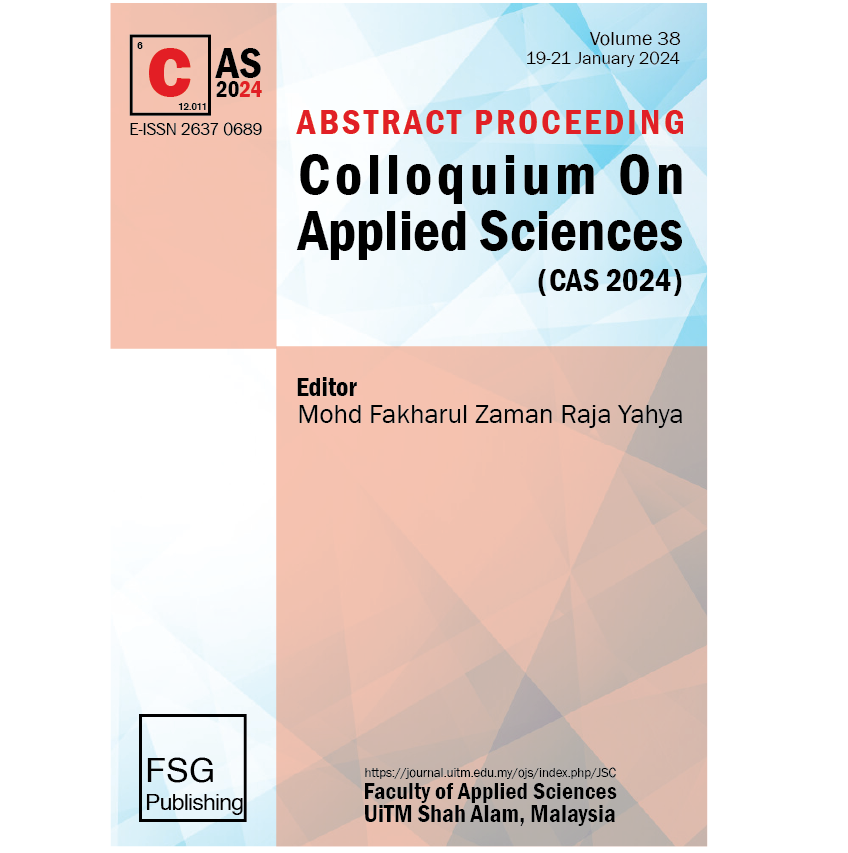Proline Derivatives as Organocatalysts in Asymmetric Reactions: A Review of their Recyclability and Application in Organic Synthesis
Abstract
The recognition of organocatalysts, primarily the discovery of proline and its derivatives and their usage as catalysts in asymmetric reactions has created several advancements in the field of organic synthesis. This development is primarily due to the catalysts’ ability to generate a substantial-yield percentage with a high degree of stereoselectivity. Additionally, these organocatalysts are also known for their recyclability, non-toxic, and stable characteristics.
Despite being a well-renowned catalyst in the field of organic synthesis, there are several aspects of the organocatalysts that are still widely under researched, such as their recyclability factors. With the current crisis of a depletion in natural resources, there is a pressing need for a thorough analysis that categorizes the diverse uses of proline derivatives in asymmetric reactions and an evaluation of their recyclability context to address the gaps in the data.
This review aims to show that studying the usage of proline-derived organocatalysts in asymmetric reactions and its applications in the field of organic synthesis will bring multitudes of advantages such as allowing the development of a more sustainable synthetic process. Hence, it will add to the repertoire of tools that can be used to help generate a widespread production of enantiomerically pure chiral stereogenic compounds with unique properties for either the pharmaceutical or agrochemical industries. Lastly, the establishment of the optimum reaction parameters of the organocatalyst allows for a deeper understanding of the catalysts’ fundamental principle.
Thus, the objectives of this review are to categorize the proline-derived reactions and their application in asymmetric reactions to determine their relevancy to other newly established organocatalysts. Identify the limitations of proline-derived catalysts as recyclable organocatalysts in asymmetric transformation reactions. Finally, is determining whether these catalysts are the most efficient organocatalyst to utilize in the reactions.
In conclusion, the recent innovation of creating proline supported hybrid organocatalysts further expands the capability of these catalyst without the drawbacks of a regular proline-derived catalyst whilst also introducing a recyclability factor. Additionally, comparing the catalytic efficiency of the hybrid catalyst with regular proline, the hybrid catalyst was shown to be the most effective catalyst. This reaffirms the relevancy of proline-derived catalysts.


